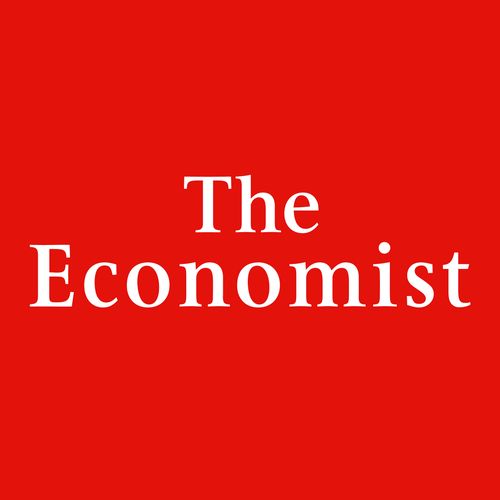The open-source intelligence war
Six months have passed since Russia invaded Ukraine. It is arguably the most transparent conflict ever, thanks to publicly available satellite data and social media. How has open-source intelligence (OSINT) shaped the war? The Economist’s…The Economist
Aug 31, 22

